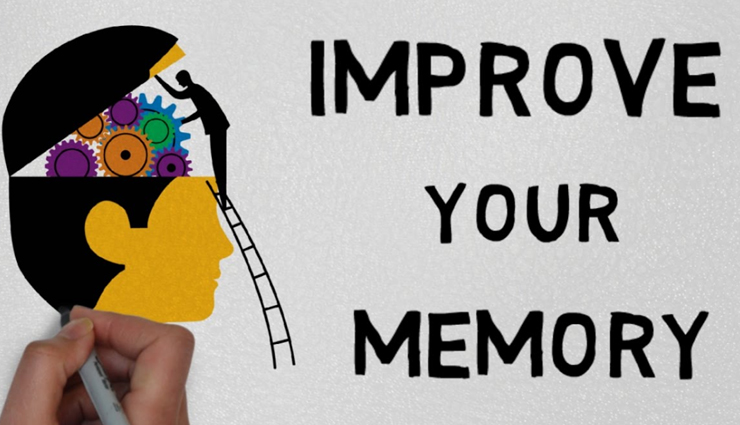- Home›
- Mates & Me›
- 4 Memory Techniques For Successful Study Sessions
4 Memory Techniques For Successful Study Sessions
By: Varsha Singh Sat, 26 Sept 2020 1:04:19

With not long until finals, now is the perfect time to start enacting some effective memory techniques during your study sessions. Instead of wasting weeks in the library, study smarter and harder with these four memory techniques backed by science.

1. Use the method of Loci
The method of Loci is a memory technique that dates back to ancient Roman times and is just as useful today. With this method, information is tied to a “journey” through a place you know, such as your home or town. At each stop, you mentally place a piece of information. To recall that information, simply walk through your memory journey to retrieve it.
For example, if you’re studying biochemistry, you may use the route your drink takes as it’s being prepared at your favourite coffee shop to memorize the process of mitosis. You could place the prophase phase where you give your order, the metaphase where the coffee is made, the anaphase where the milk is steamed and the telophase where you pick up your cup on the counter. This technique has been used by professional memory experts for centuries and can help you easily recall information for tests.
2. Say it aloud
While most memory techniques for studying are safe to use in the library, this one is not. Instead of silently reading over material, read it out loud, as it’s proven that speaking rather than reading creates a more distinctive memory. By reading your notes or answering questions in your textbook aloud, you can move information into long-term storage. So next time you’re in the shower or driving to class, use this memorization method to help you study.

3. Make your own mnemonics
If “my very educated mother just served us nine pies” rings a bell, that’s because many teachers use mnemonics to get students to remember core concepts. A mnemonic is technique for memorizing information that may take the form of a jingle, a song, a rhyme or a sentence that can be linked in your brain to some other piece of information. Making up your own mnemonics can not only improve accurate information recall but will assist in committing that information to your long-term memory. Use your musical chops to write a ditty about the English monarchy or create a limerick to memorize mathematical equations.
4. Tie each subject to a smell
If you’ve ever been to Las Vegas, you may have noticed that each casino has a distinct aroma. That’s because casino operators know that pairing a scent with a place or idea can cause a powerful emotional response in visitors. By linking an experience with a sense, you can more strongly remember what happened in that instance. If you’re willing to try something different, add some aromas to each study session. Use cedar wood for botany or frankincense for astronomy, and every time you study, diffuse that specific scent. During the test, wear that same scent on your clothes to help you recall the information you studied.
As you try each of these memory techniques for studying, remember that the first time won’t always be a success. It may take you a few tries to really get the hang of these new methods. If you’d like to improve your study habits even more, find out which time of day is best for successful studying.





